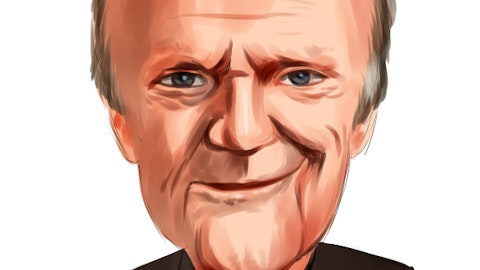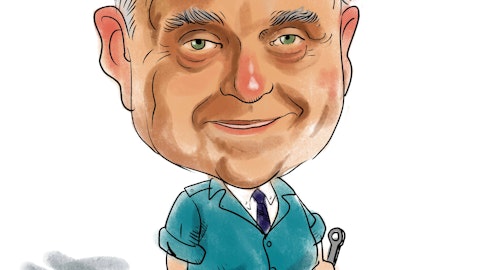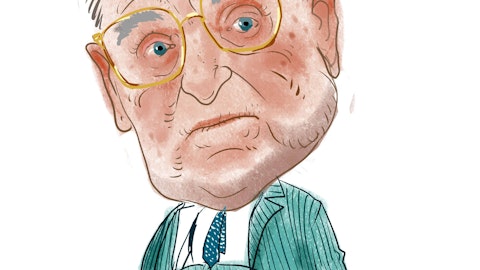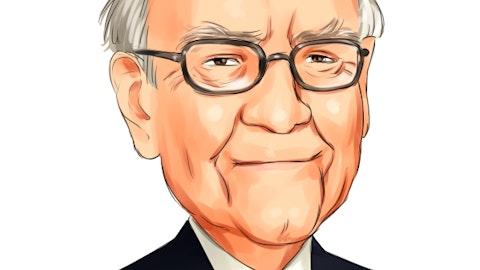Billionaires Like Icahn, McLendon Sniff Out Value In Energy (Forbes)
Sometimes the most attractive energy assets aren’t found in the ground but listed on the stock exchange. Billionaire businessman Carl Icahn is one investor seeing value in energy companies. The hedge fund manager recently announced his purchase of 60 million shares in the Canadian oil and gas producer, Talisman Energy. Icahn has built up a nearly 6 percent stake in the Calgary-based energy producer, worth a whopping $300 million. Even though the company has been a perennial underperformer, after Icahn’s tweet, the stock climbed to the highest level in more than a year.
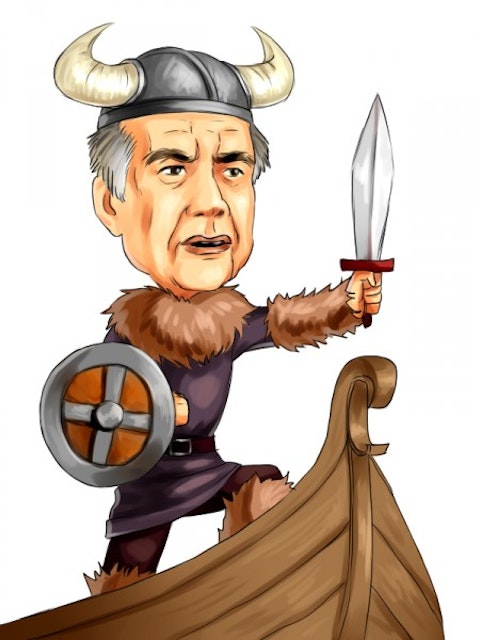
Man Group Reports First Net Inflows in 2 Years (NYTimes)
The Man Group, the world’s largest publicly traded hedge fund, reported its first quarterly net inflows of money in two years on Thursday, as clients became more confident about a global economic recovery. Net inflows were $700 million during the three months ended Sept. 30, including fund investments of $4.1 billion and redemptions of $3.4 billion, the firm said. Clients poured more money into funds at the company’s GLG Partners unit, while AHL, the company’s largest fund, continued to struggle.
The hedge fund industry’s $3 billion compliance burden (eFinancialNews)
Hedge fund managers have spent more than $3 billion since the financial crisis on compliance costs to meet new global regulations, with smaller managers facing the biggest burden, according to a new survey. The report, which was produced by KPMG alongside trade bodies the Alternative Investment Management Association and the Managed Funds Association, found that the average spend on compliance was at least $700,000 for small fund managers (assets under $1 billion), $6 million for medium-sized fund managers (between $1 billion and $5 billion in assets) and $14 million for large fund managers (over $5 billion).
Hedge fund firm Egerton shuts door to new money (Reuters)
Hedge fund firm Egerton Capital has closed its doors to new money, two of its investors said, after inflows and performance gains swelled its assets by 80 percent in a year. London-based Egerton, headed by veteran stock picker John Armitage, closed its long-only fund to new investments in September, the investors said. This followed a decision to stop accepting more money into its long-short hedge fund towards the end of last year, the investors said. Long-only funds are restricted to betting that financial instruments will rise, while long-short funds can also take bets that they will fall.
Hedge funds head into the advertising fray (FloridaWeekly)
An 80-year-old securities law was recently lifted by the Securities and Exchange Commission. Any SEC rule that remained in place for 80 years must have had some mighty good reasons to have remained intact — that is until commissioners agreed there were even better reasons for the rule to be lifted. The SEC’s commissioners recently voted 4-1 to lift the ban on “general solicitation” by hedge funds and other private funds. Now, these funds can enter the world of advertising, sponsoring events, cold-calling, linking on social websites and freely speaking to the public. Hedge funds will be able to enter the advertising world of mutual funds and financial advisers.
Saif Partners hedge fund launch imminent (AsianInvestor)
Private equity firm Saif Partners will come to market this month with its first hedge fund, a Greater China-focused long/short strategy targeting $500 million, say sources. The SPQ Asia Opportunities Fund, will invest in companies with substantial exposure to the Chinese economy through either having earnings or a large base in Greater China, according to documents seen by AsianInvestor. The strategy may also invest in firms that derive revenues or earnings from or are located in other regions, “so long as they are market leaders in their sector”…
Stocks likely to progress with earnings growth: Pro (CNBC)
Foreign exchange funds’ worst enemy: stability (TheGlobeAndMail)
Foreign exchange specialists face challenging times. FX Concepts, once billed as the world’s largest currency hedge fund, is winding down its investment management operations. It isn’t the only one struggling, and the troubles aren’t over yet. Currency hedge funds have returned only 1.8 per cent between January and August, according to Eurekahedge data. That’s half as much as those with a wider asset focus, and puts them on track for a second year of underperformance. Such FX funds typically latch on to clear trends, pick up on deviations from what is considered fair value, or enter carry trades which involve borrowing low-yielding currencies to invest in higher-yielding ones.
SEC Charges Hedge Fund With Violations of Market Access Rule (HedgeCo)
In the SEC’s first enforcement action under the market access rule, which was adopted in 2010 as Rule 15c3-5. The SEC has alleged that hedge fund trader Knight Capital Americas LLC has agreed to pay $12 million to settle charges that it violated the agency’s market access rule in connection with the firm’s Aug. 1, 2012 trading incident that disrupted the markets. An SEC investigation found that Knight Capital did not have adequate safeguards in place to limit the risks posed by its access to the markets, and failed as a result to prevent the entry of millions of erroneous orders. Knight Capital also failed to conduct adequate reviews of the effectiveness of its controls.
For Hedge Funds, Debt Crisis Largely Business as Usual (WealthManagement)
By Svea Herbst-Bayliss and Katya Wachtel Hanging tough seems to have been the right strategy for a good number of money managers now that it appears a stop-gap deal to avoid a federal debt default and reopen the U.S. government is on the verge of passing. Hedge fund manager David Tawil said that, after living through the collapse of Lehman Brothers, many on Wall Street are now well-versed in telling a real financial crisis from one that is more of the smoke and mirrors variety and much more easily fixed.
Nobel Foundation Seeks Charity as Hedge Funds Aren’t Enough (Bloomberg)
The Nobel Foundation, which said last year it was using hedge funds to help boost capital, is now considering charitable donations after previous strategies failed to bring in enough money. The Stockholm-based institution, which earlier this month rounded off its 2013 awards, cut the prize money by 20 percent last year in an effort to preserve capital. Since then, laureates have had to make do with 8 million kronor ($1.23 million) in each category. Lars Heikensten, executive director of the Nobel Foundation, says he wants to raise the amount again to restore the award’s status.
Barton Biggs-Founded Traxis Partners is Shutting its Doors (InstitutionalInvestorsAlpha)
Traxis Partners apparently could not survive the death of its founder, Barton Biggs. The Greenwich, Connecticut–based hedge fund firm disclosed Wednesday that it has liquidated all of its funds for which it was the investment adviser and is winding down its operations. Traxis’ closure is another reminder that it is difficult for a hedge fund firm to outlive the founder when his name is on the door and its investment strategy is identified with that individual.
Goldman Sachs Adds New Funds to Hedge Fund Platform (InstitutionalInvestorsAlpha)
Goldman Sachs Group, Inc. (NYSE:GS) has added three funds to its Hedge Fund Select platform, which allows its clients to invest in well-regarded and in some cases brand-name hedge funds with much lower minimums than the underlying fund would charge. The investment bank disclosed in separate filings Tuesday that it has launched Hedge Fund Select: Halcyon Partners Offshore, Hedge Fund Select: Dymon Asia Macro Fund and Hedge Fund Select: Corsair Capital Investors Flagship Fund. This brings to 16 the number of funds it has introduced under this format since last September.
Recommended Reading:
Meet Warren Buffett the Singer, Apple-Backer & Stock Market Bull
Will The Best Leon Cooperman Picks Please Stand Up?
Peter Kolchinsky, RA Capital Up Stake in Achillion Pharmaceuticals Even Higher
